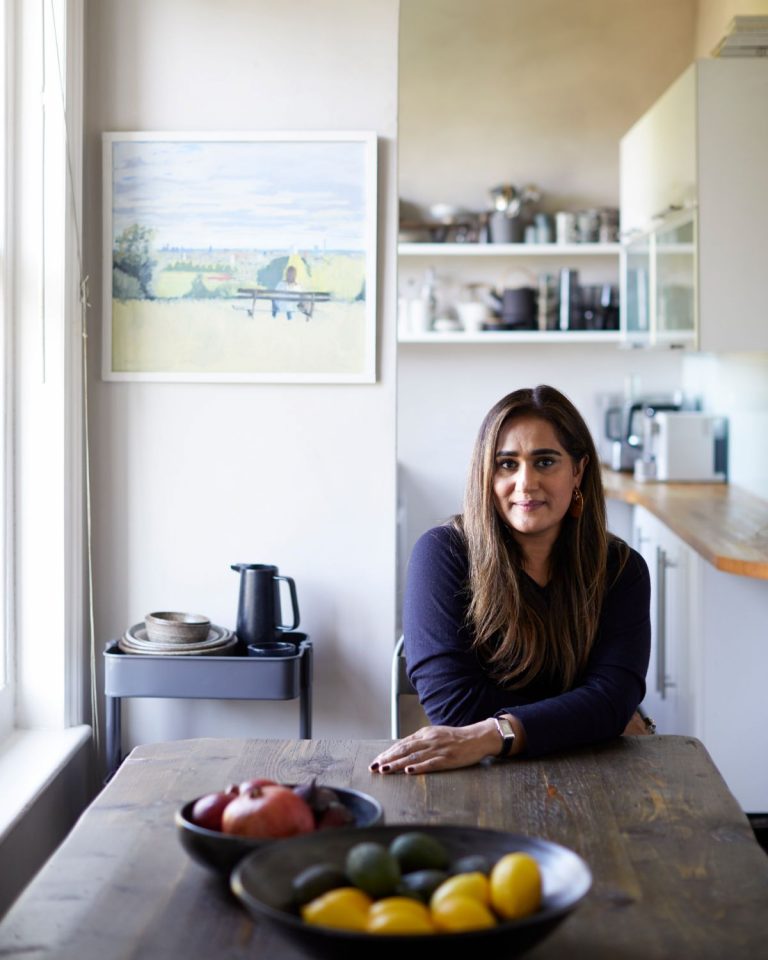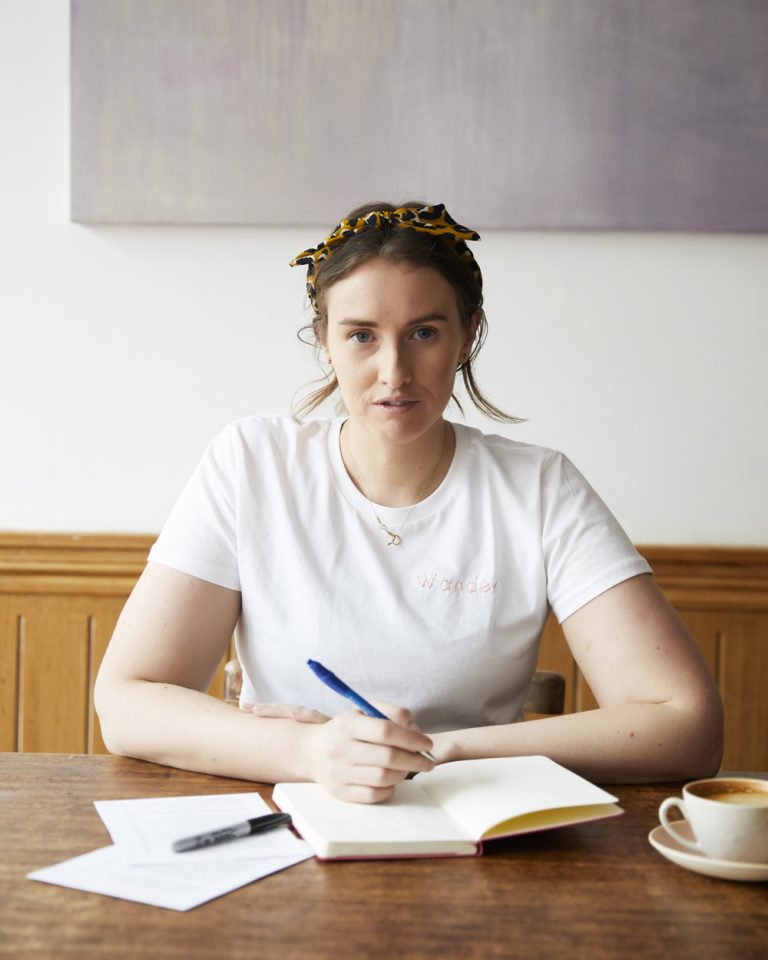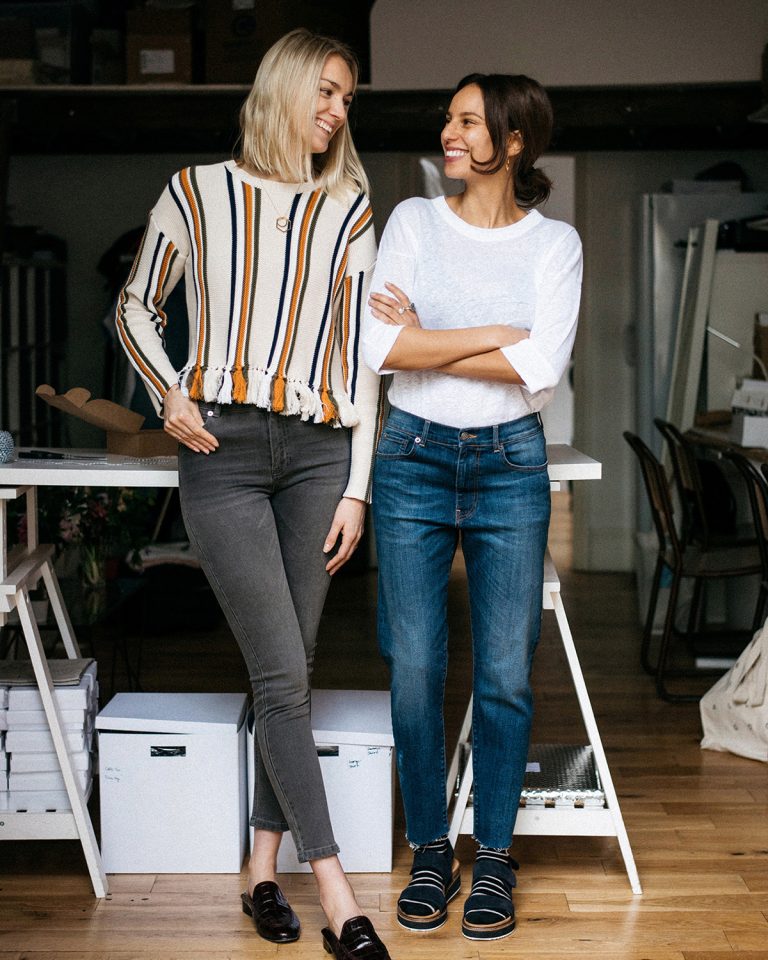Meet Voices At The Table: The Women Inspiring Food For Thought
Meet Miranda York and Anna Sulan Masing, the dynamic duo who are inspiring the way we think and talk about food today. Miranda is both writer and editor and the founder of At The Table: a platform that explores British food culture, and Anna Sulan Masing is an award-winning poet, food writer and academic with a PHD in food and storytelling.
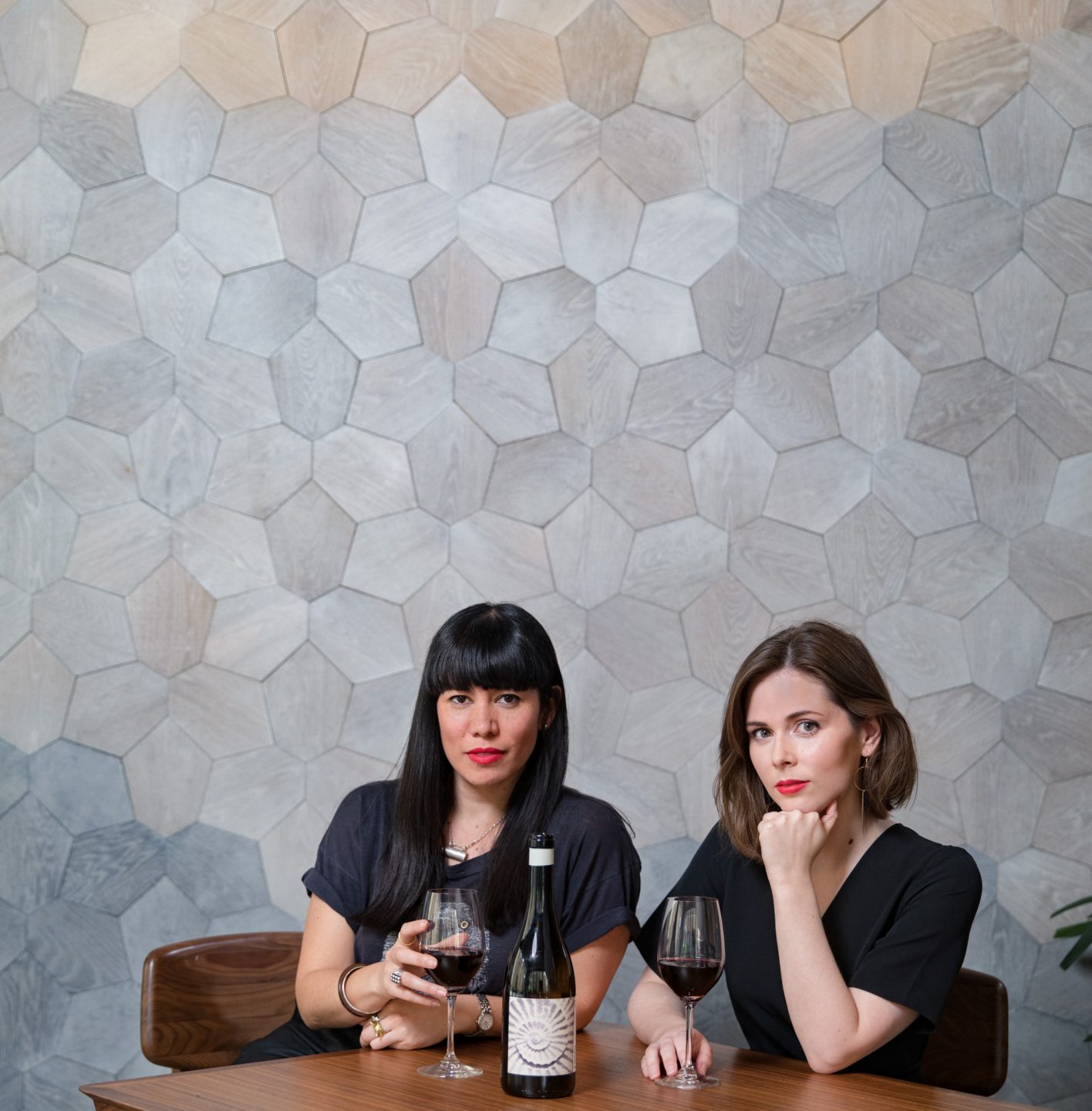
As restaurants, casual dining, street food, food fusion, tasting menus – and more – continue to grow worldwide, so does our interest in food culture. But it’s about more than just being spoilt for choice; food is a source of emotional connection, a way to create memories and for many, a form of identity and cultural heritage. We are more aware of the role it plays in our lives than ever and most of us can agree, food remains our common ground.
Miranda and Anna were inspired by this increasing awareness and together, they founded Voices At The Table: a series of events that invite a mixture of journalists, authors, performers and poets to share their work and ideas around food. They also work on a regular podcast which revisits these recordings with a fresh perspective, reopening the conversations. After attending one of their sell-out events, we were eager to learn more about career paths into food, their working process and how their original idea was born. And of course, we had to find out about some of their favourite foods and restaurants.
Firstly, can you tell us about ‘At The Table’ and ‘Voices At The Table’ and how they first began?
Miranda: I founded At The Table in 2013 – I was a writer and editor before – and it was meant to just be a one off event. We were at Toast festival and at the time people were eating out a lot but they weren’t talking about food culture as much. We decided to do something about it and organise an evening event. We started talking to lots of people and everyone loved the idea – it tumbled into a full day event and then a whole weekend. In the end we did a whole festival. We had speakers, an art gallery, a pop-up shop, a coffee bar, street food and workshops, as well as debates and talks about food. People soon start asking when the next event would be and it snowballed from there.
At The Table covers lots of things though too. We have a magazine and we make films – it’s about exploring food culture as a whole. I started the event series and podcast afterwards Voices At The Table alongside Anna.
So how did you guys first meet?
Anna: I wrote for the second issue of the magazine but we hadn’t actually met in person yet. We kept in touch and met soon after. I come from a performance background and have done a lot of performance work and writing around food. I invited Miranda to an event I’d organised and it turned out she’d been thinking about similar kinds of events from a literary perspective. We had two ideas that were similar yet different – so we decided to try and make something of it.
Miranda: It happened really naturally actually after that – things came together easily.
Anna: I think we’re lucky because we have similar tastes but also come at things from different angles.
"I think we’re lucky because we have similar tastes but also come at things from different angles."
When did both of your interests in food begin?
Miranda: I definitely fell into food writing. I started out working in TV and news but then realised I loved writing. I moved into magazine journalism and started meeting people within the food industry – from chefs to writers. Everyone I met was passionate and I know that’s an easy word to throw around – passionate – but I could tell this was genuine. I found them to be kind and fascinating – that’s when I knew it was the industry I wanted to be in.
Anna: I grew up and spent the best part of my childhood in Malaysia and food is a huge part of the culture there. When I moved to New Zealand with my Mum, we stayed connected to Malaysia through cooking and eating, so for me it has always been poignant. I went on to study theatre and food ended up featuring in a lot of my work. Over time, my writing ended up becoming more focused on food and identity – using food as a way to tell different stories. I definitely fell into food writing too.
Miranda: I think that’s common because it wasn’t seen as much as a career until more recently. I think young people would say more confidently nowadays, “I want to be a food writer.” Food is more fashionable now – and it’s not going out of fashion any time soon.
"When I moved to New Zealand with my Mum, we stayed connected to Malaysia through cooking and eating, so for me it has always been poignant."
You host a series of events across London, can you talk us through that element of your work?
Anna: Our events pull together an eclectic mix of journalists, food writers, performers, poets, comedians, chefs and historians telling stories about food – we don’t just host food writers. It can be hard to find that balance. We want it to be funny and uplifting – sometimes even dark – and we want to encourage a mixture of reactions from the audience.
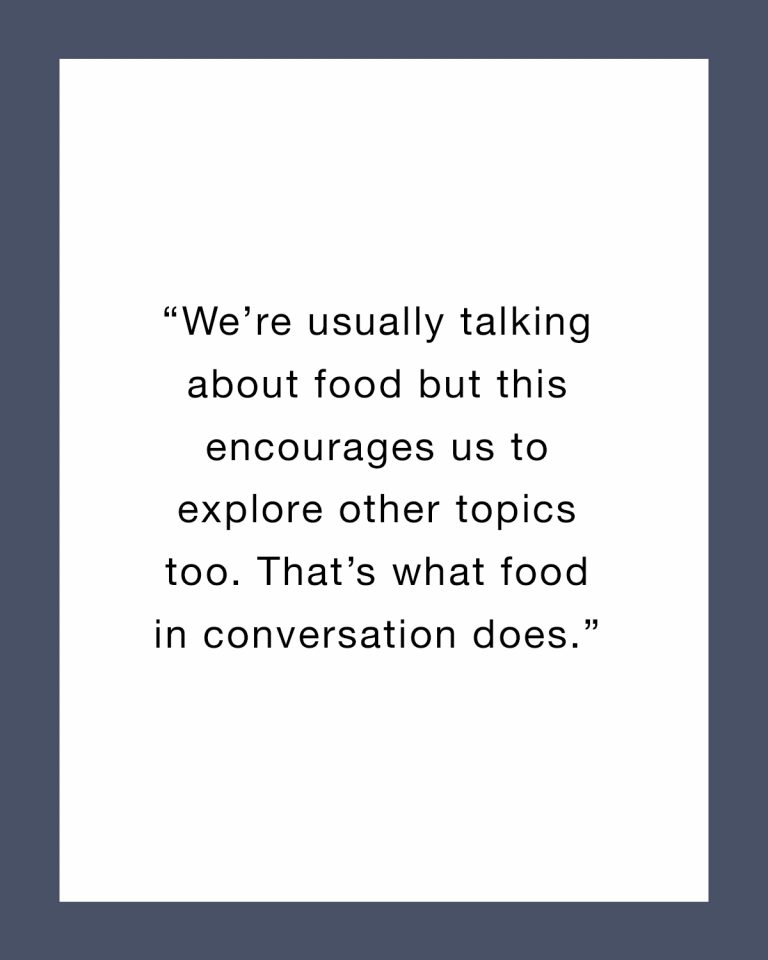
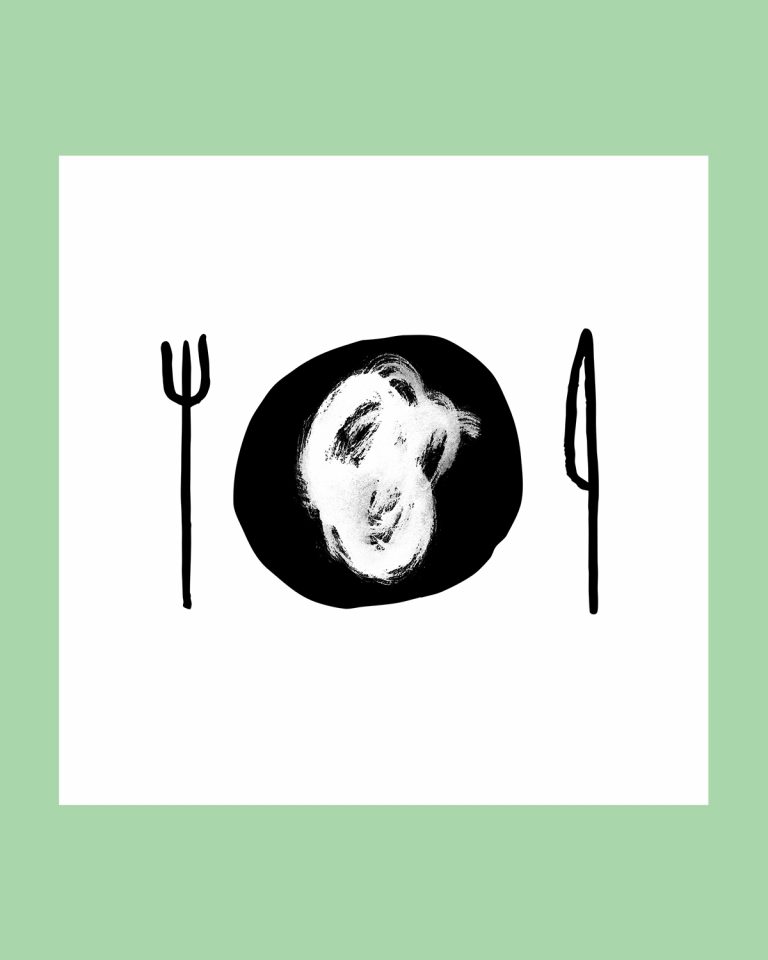
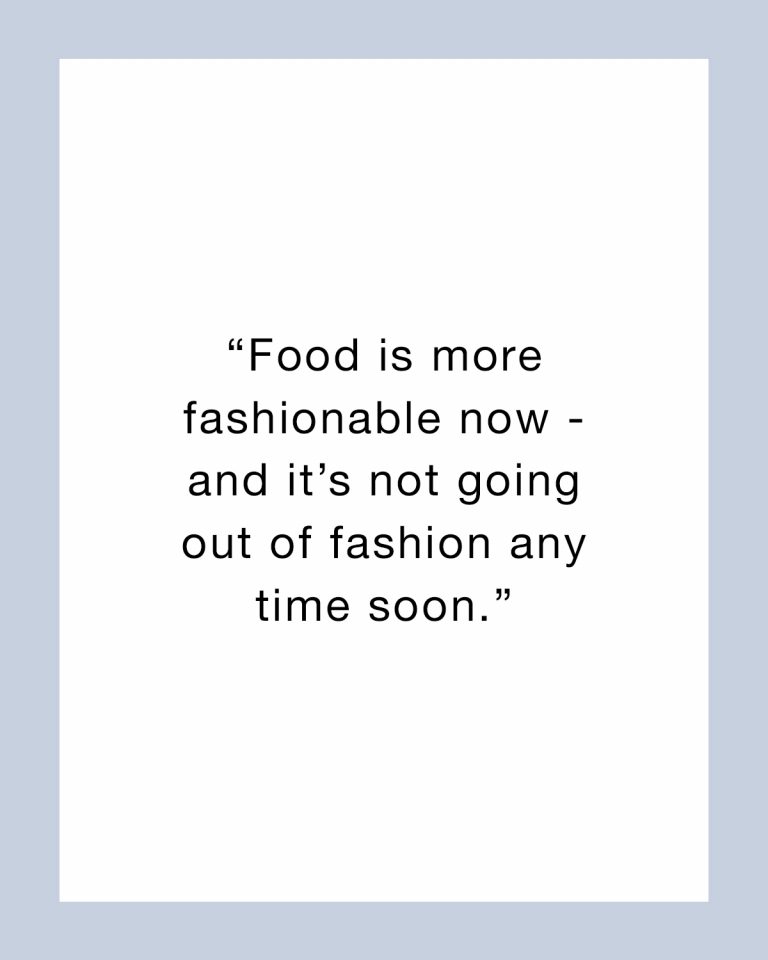
You guys also have a podcast where you regularly host an eclectic mix of voices across the literary, performance and food worlds. Before Voices At The Table, had you had much involvement in podcasts and how have you found the process of preparing for and recording them?
Anna: It took us a year to pull the podcast and format together. We were introduced to a producer who we worked with for about six months to figure out how it could work, as podcasts are a totally different beast.
Miranda: We’d been recording all our events live and we wanted to figure out how we could edit these into something. It made sense to put them out in a podcast and it’s fascinating revisiting them in this way, because we get a fresh perspective. It can be hard to pick which readings to include but once we have chosen, we use that as a starting point to talk about other things and wider issues.
Anna: Of course we’re usually talking about food but this encourages us to explore other topics too. That’s what food in conversation does.
Miranda: And because we are obsessed with food, we kept bringing snacks whilst recording and this fed into the conversations. The snack section is now a big part of our podcast.
"Because we are obsessed with food, we kept bringing snacks whilst recording and this fed into the conversations. The snack section is now a big part of our podcast."
Have you found any of the elements of producing the podcasts a challenge?
Anna: We have learnt a lot along the way and it’s surprising the things that work well on a podcast. Our producer often loves the sections where we are telling awkward or personal stories and encourages us to leave these in.
Miranda: I don’t know about you but I struggled with that at the beginning – the personal side of things – but in a podcast, you have to be personal. You have to bring your opinions and open up. I’d hidden behind my brand a lot before that, so this was a whole new challenge.
How do your skill sets come together and how do you work collaboratively?
Anna: I think I tend to focus on the bigger picture whereas Miranda is good at focusing on the attention to detail. With the podcast, I tend to listen to the first cuts and decide what we can scrap and what we need more of – I look at the flow. Miranda will look at the second edit and then pick out more of the specific details that need changing.
Miranda: When it comes to bringing the events together, we also have an array of different contacts too. This gives us our variety.
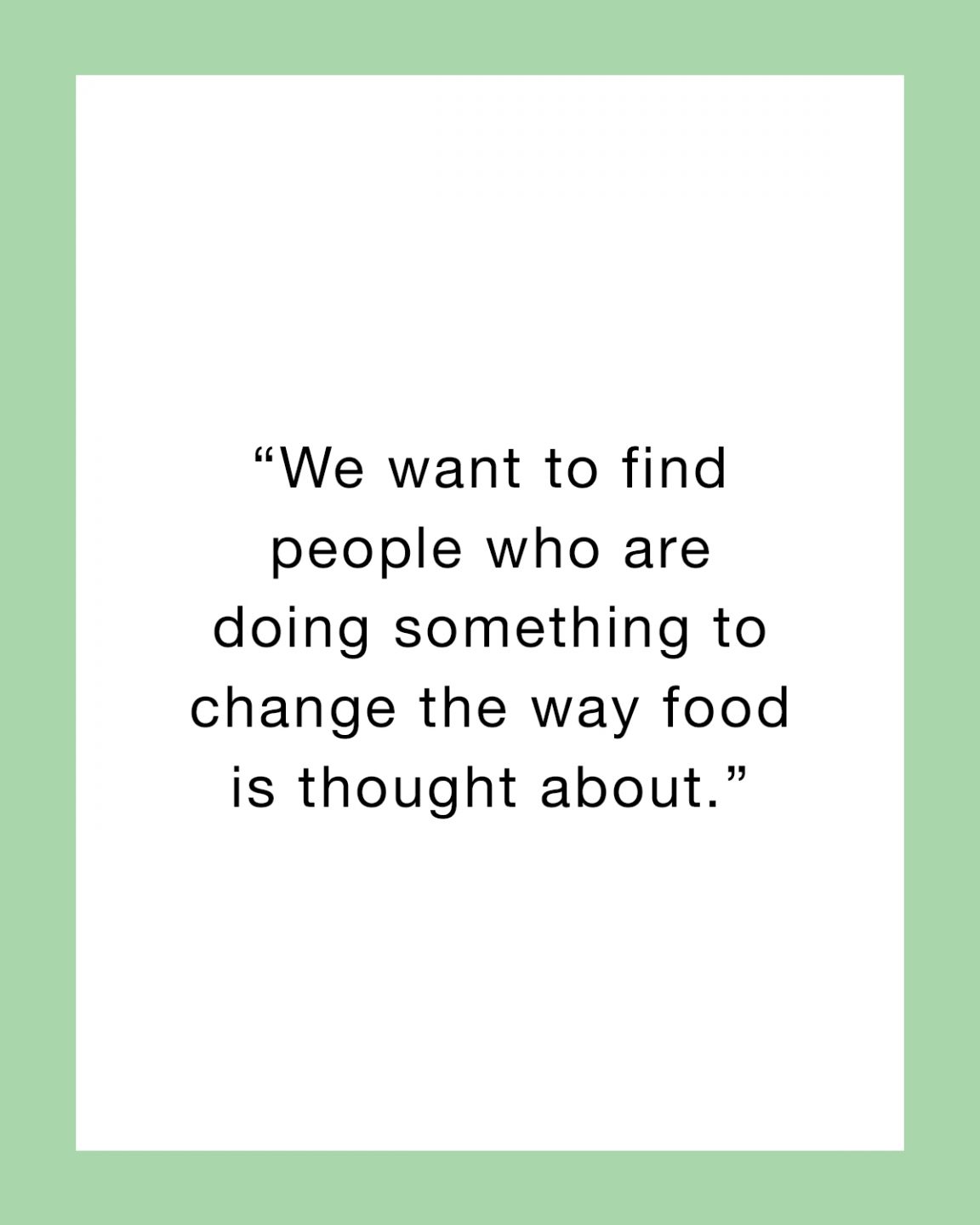
How do you decide who you’d like to reach out to include in Voices At The Table?
Anna: Sometimes there’s a person that has caught our attention or there is an interesting book that has just been published, then we will build our list out from there. We want to find people who are doing something to change the way food is thought about.
Miranda: We always want it to be diverse in terms of everything – so background, age, race, gender and so on – and that’s where the challenge is. We often have people on our radar and we’re always discovering new writers, so there’s not necessarily a rigid approach to how we find new people.

Who inspires you?
Miranda: Anyone who runs their own business or anyone who is self-employed, because I know how hard it is. Rosa Parks inspires me a lot, I think what she’s done with Cereal Magazine is amazing.
Anna: In the food world, Island Social Club spring to mind. What they’re doing is really exciting – they’re exploring Caribbean heritage through food and drink in East London and bringing people together.
What are you reading at the moment?
Miranda: Right now I’m reading Saltwater by Jessica Andrews, who read a passage at an event of ours and I just had to read the rest. She’s such a brilliant writer. I’m also reading Map of Another Town by M.K. Fisher, who I love – Daunt are republishing a lot of her books at the moment.
Anna: I’m reading Natives by Akal. He looks at British class and racism and his writing is so direct and brilliant. I’m also dipping in and out of the The Hungry Empire by Lizzie Collingham, which traces the British Empire and how food trade has developed through a series of short stories.
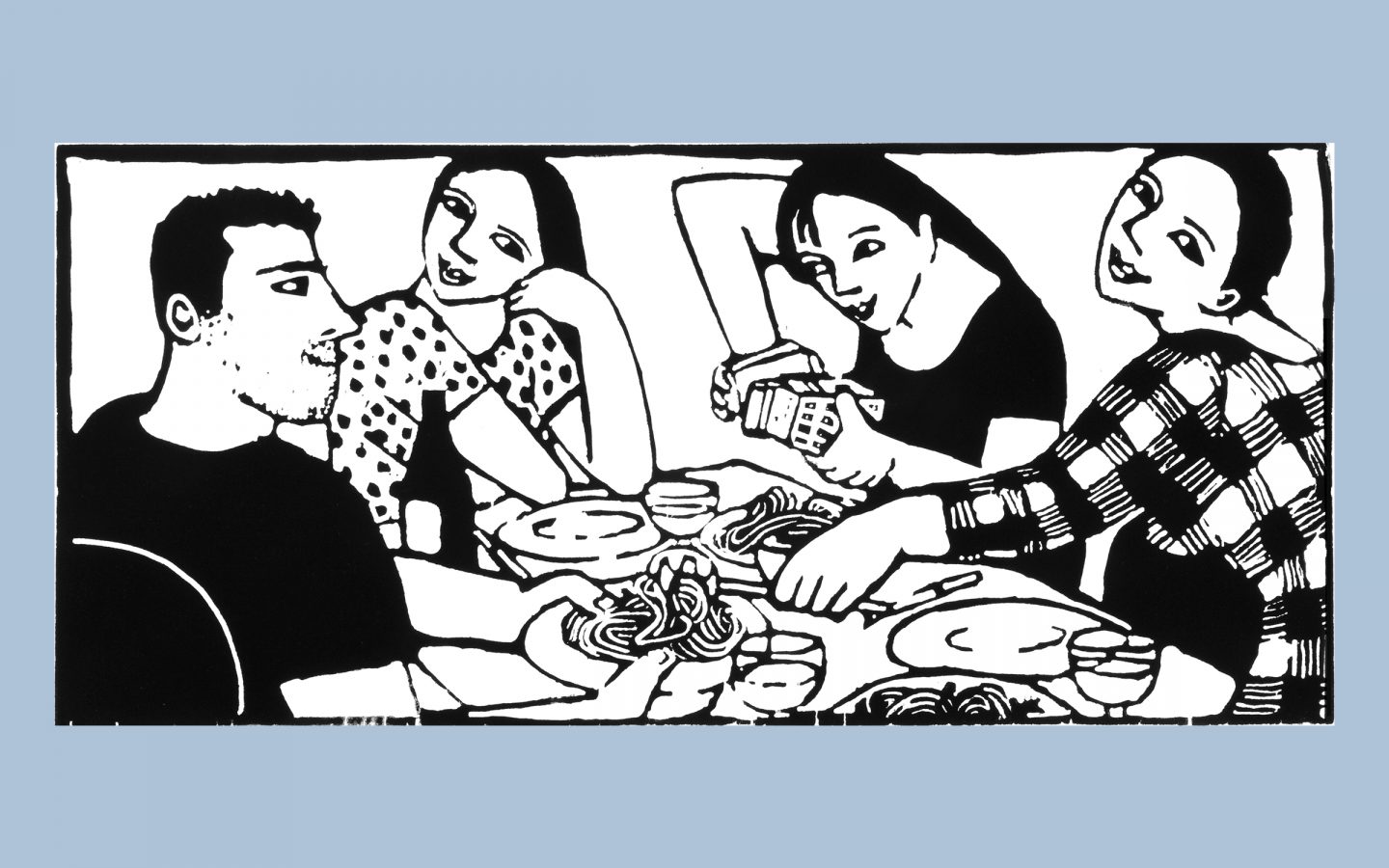
Which chefs or restauranteurs in London are you particularly excited about or inspired by?
Anna: I love Ikoyi and Scully. Whatever Elizabeth Hague does too is amazing.
Miranda: And Alexis Noble at Wander – we love what she’s doing.
What would your last meal on earth be?
Miranda: Don’t make me choose! I think it’d be less about food and more about the people.
Anna: For me, it’d have to be My Aunty Mary’s fried chicken.
Your platform centres around British food culture, but which other foodie cities and countries do you love?
Anna: Léon is exciting – classically French but cool. And Estonia really blew my mind.
Miranda: The food scene in Edinburgh is getting more and more interesting. There’s some amazing restaurants opening – like The Little Chartroom. And of course, Paris and New York.
I recently came back from Sicily too and the food was amazing. I was never that enamoured with Italian food and didn’t understand the hype, but now I get it. I’m still thinking about all the amazing things I tried. Everyone’s food experiences somewhere are different though – you can’t replicate it every time.
